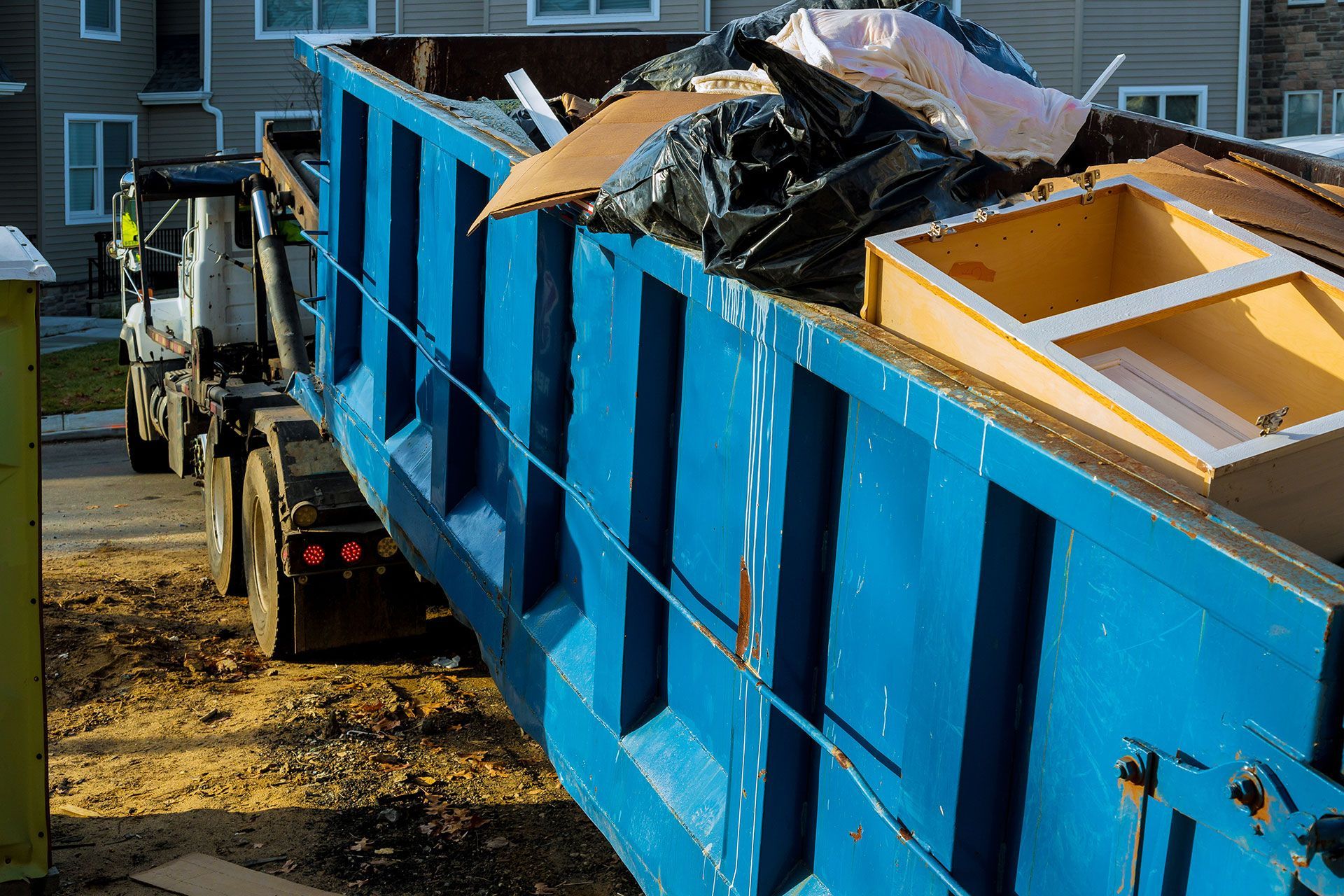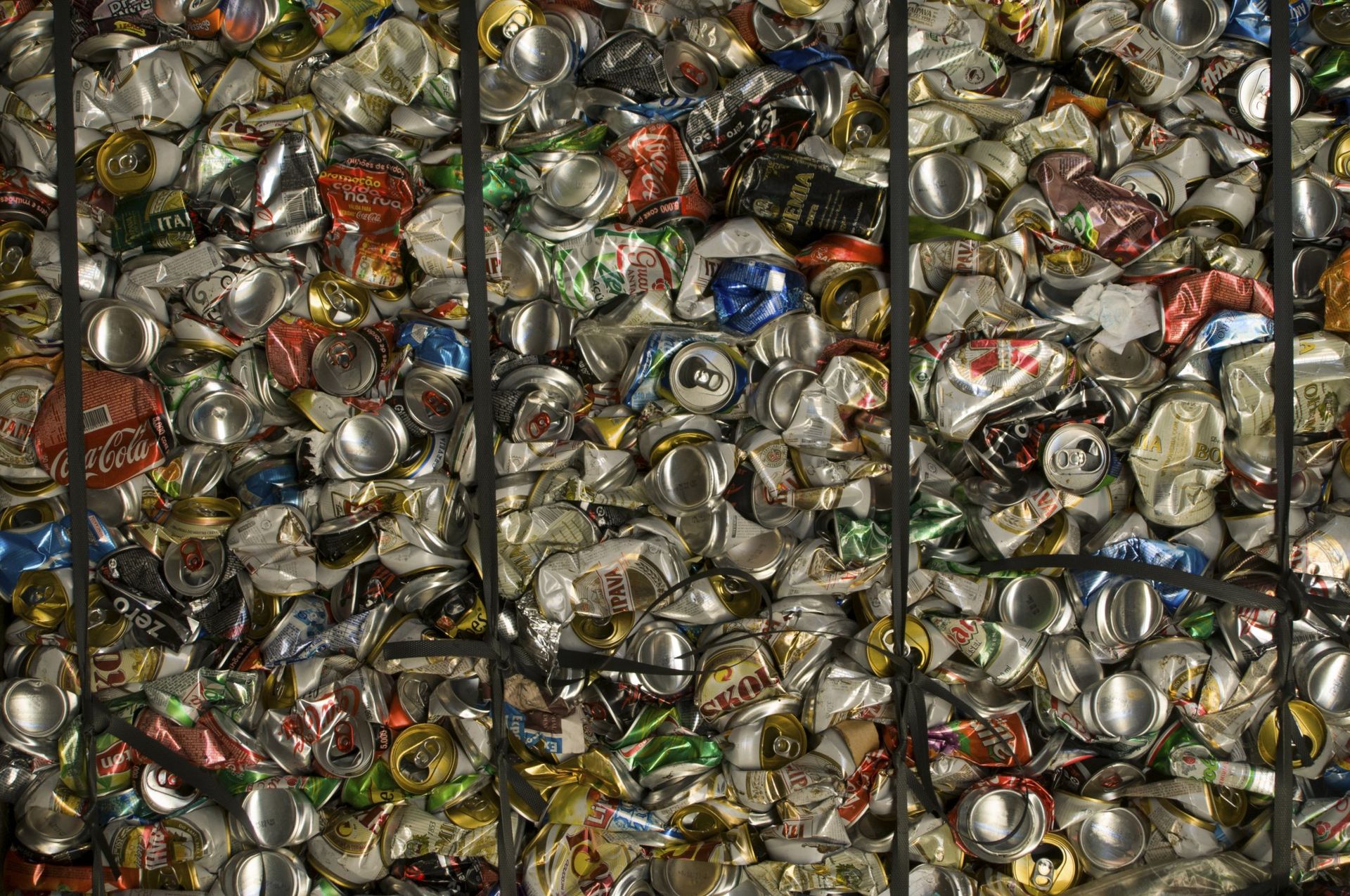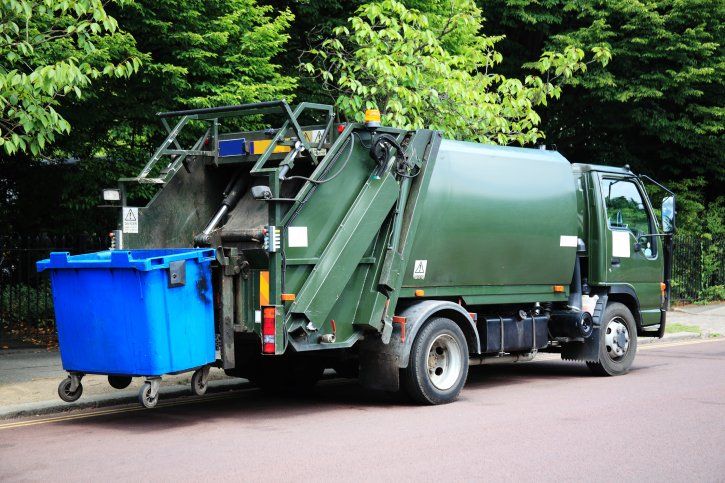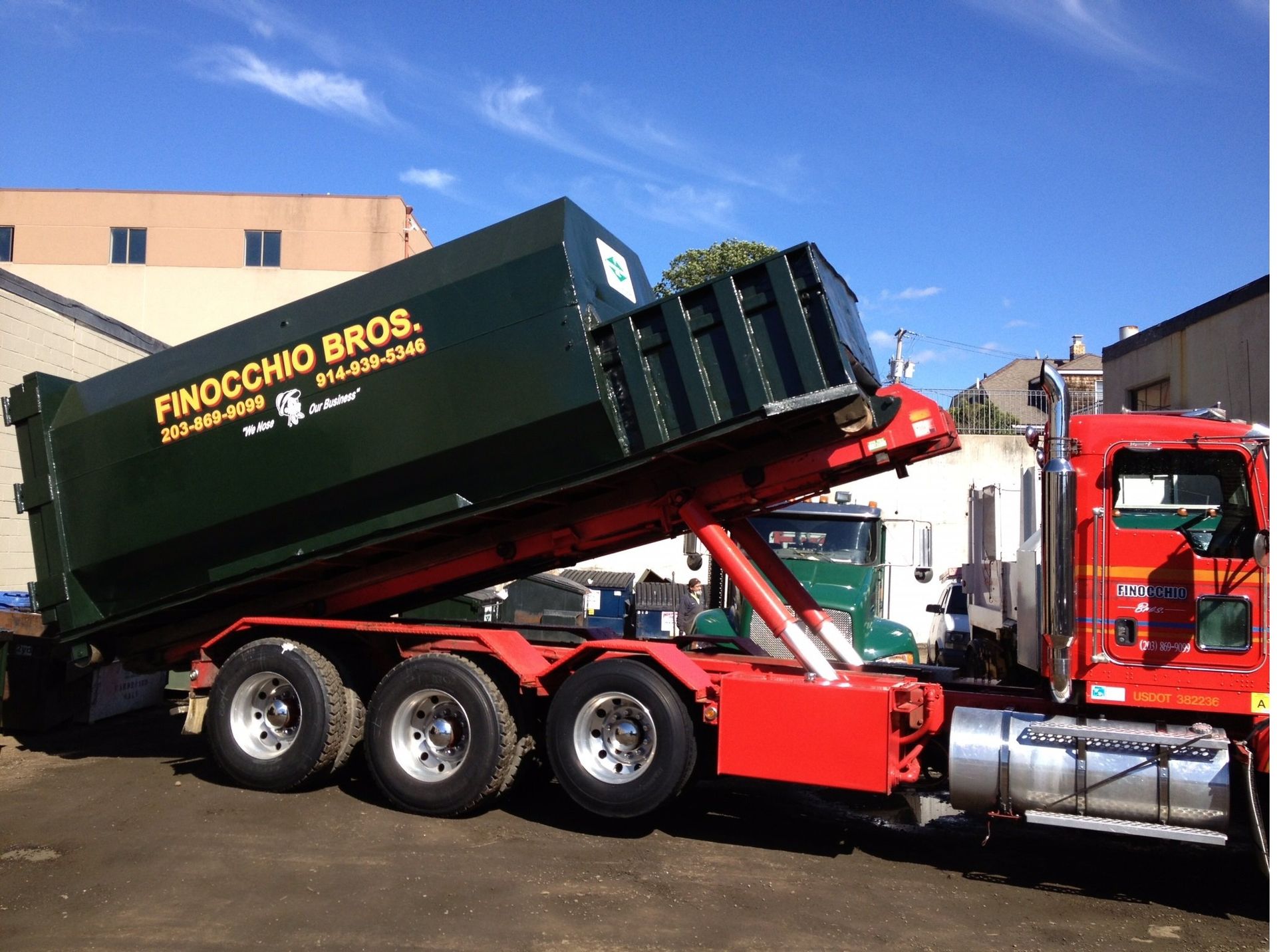The Importance of Construction Waste Removal
Why is Construction Waste Removal Important?

Construction waste removal is a critical component of any building or renovation project, effecting environmental sustainability, safety, and economic efficiency. This comprehensive process involves the systematic collection, transportation, and disposal or recycling of materials generated during construction, renovation, or demolition activities. Below, we’ll go through some of the key aspects that highlight the importance of effective construction waste removal.
Safety and Health
Worksite Safety - Clearing construction sites of waste and debris reduces the risk of accidents, such as slips, trips, and falls. This is crucial for the safety of workers and visitors.
Community Health - Proper construction waste removal prevents the spread of diseases and pests. Accumulated waste can attract rodents and insects, which can pose health risks to nearby communities.
Air Quality - Dust and other particles from construction waste can affect air quality. Regular removal and management of these materials help maintain a healthier environment.
Economic Benefits
Cost Savings - Recycling and reusing materials can significantly reduce project costs. For instance, using reclaimed wood or recycled concrete can save money on purchasing new materials.
Regulatory Compliance - Adhering to local and national regulations regarding waste disposal can avoid fines and legal issues. Compliant practices also enhance a company's reputation and can lead to more business opportunities.
Tax Incentives - Many regions offer tax incentives for businesses that implement sustainable waste management practices. These incentives can further reduce the overall cost of a project.
Environmental Effect
Reduction of Landfill Usage - Proper waste removal helps minimize the amount of construction debris that gets sent to landfills. Landfills can become overloaded, leading to environmental degradation, soil contamination, and the release of harmful gases like methane.
Pollution Control - Effective construction waste management reduces the risk of pollutants entering the environment. Improper disposal can lead to soil and water contamination, which can have long-term ecological consequences.
Resource Conservation - Recycling construction materials such as wood, concrete, and metals conserves natural resources. For example, crushed concrete can be reused as aggregate, and wood can be repurposed for new projects.
Regulatory and Legal Compliance
Environmental Regulations - Construction projects are subject to various environmental regulations that mandate proper waste disposal. Non-compliance can result in fines, legal action, and damage to a company's reputation.
Permitting and Licensing - Some construction projects require specific permits for waste management. Proper documentation and adherence to these permits are essential to avoid legal complications.
Health and Safety Standards - Local and national health and safety standards often require the timely and safe removal of construction waste to protect workers and the public.
Operational Efficiency
Site Organization - Regular waste removal keeps the construction site organized, which helps to improve workflow and productivity. Cluttered sites can lead to inefficiencies and delays.
Space Management - Efficient waste removal ensures that there is adequate space for ongoing construction activities. This is particularly important in urban areas where space is limited.
Project Timelines - Proper waste management helps keep projects on schedule. Delays due to waste accumulation can lead to increased costs and project overruns.
Contact Us for Your Construction Waste Removal Needs
Construction waste removal is not just a regulatory requirement, but a crucial aspect of responsible construction practices. By prioritizing waste management, construction companies can help to enhance safety, save costs, comply with regulations, and promote sustainability. Effective waste removal strategies contribute to a more efficient, safe, and environmentally friendly construction industry. At Finocchio Brothers, Inc., we provide commercial waste management and construction waste removal throughout Bridgeport, Darien, Fairfield, Greenwich, New Canaan, Norwalk, Stamford, Weston, Westport, Wilton, and all of Fairfield County, CT and Westchester County, NY. Contact us today to request a free estimate!



